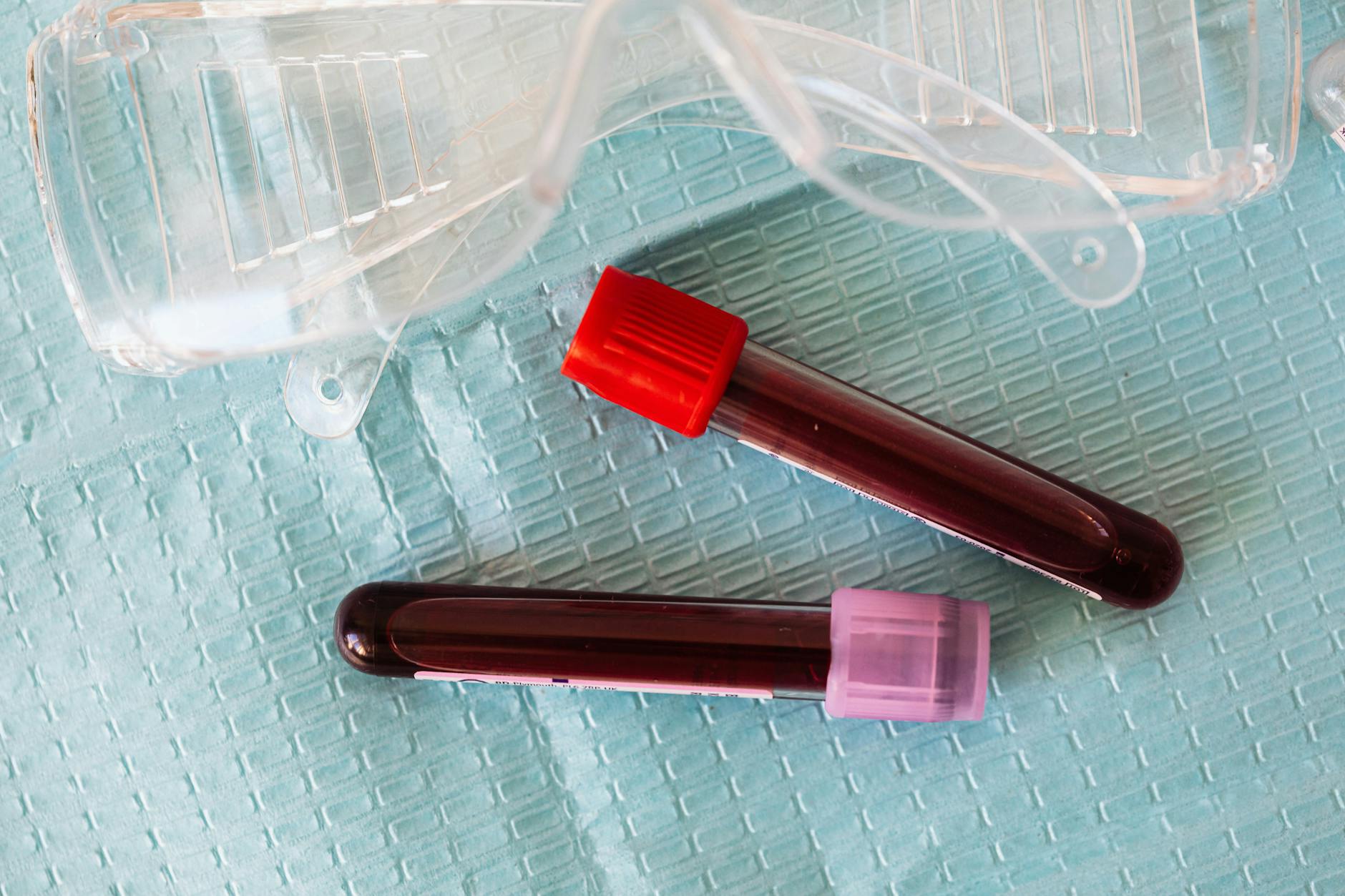When it comes to understanding the complexities of blood health, few can offer the expertise and insights of a hematologist. As a hematologist, I’ve dedicated my career to studying and treating blood disorders, and I’ve seen firsthand the profound impact our work can have on patients’ lives.
The Critical Role of Hematologists in Diagnosing and Treating Blood Disorders
Hematologists play a crucial role in diagnosing and treating various blood disorders, from anemia to leukemia. Our extensive training allows us to identify the underlying causes of these conditions and develop targeted treatment plans. According to the American Society of Hematology (ASH), early diagnosis and intervention are key to successful outcomes.
Understanding Common Blood Disorders and Their Subtle Symptoms
Blood disorders can manifest in numerous ways, often with subtle symptoms that are easy to overlook. For instance, anemia can cause fatigue and paleness, while more severe conditions like leukemia might present with frequent infections and easy bruising. It’s essential to recognize these signs early and seek professional evaluation.
Advances in Hematology: Exploring Cutting-Edge Treatments and Therapies
Hematology is a rapidly evolving field, with new treatments and therapies emerging regularly. From advanced chemotherapy protocols to groundbreaking gene therapies, the options for treating blood disorders have expanded significantly. The National Institutes of Health (NIH) notes that these advancements have improved survival rates and quality of life for many patients.
The Importance of Regular Blood Tests for Monitoring Overall Health
Regular blood tests are a fundamental tool in monitoring overall health and detecting potential issues early. As a hematologist, I cannot stress enough the importance of routine check-ups. Blood tests can reveal a wealth of information about your health, including organ function, infection presence, and blood cell counts.
Personalized Medicine in Hematology: Tailoring Treatments to Individual Needs
One of the most exciting developments in hematology is the move towards personalized medicine. By understanding the genetic makeup of a patient’s blood disorder, we can tailor treatments to their specific needs. This approach increases the effectiveness of therapies and reduces the risk of adverse effects.
Holistic Approaches to Supporting and Maintaining Optimal Blood Health
Maintaining healthy blood is not just about medical treatments; lifestyle factors play a significant role too. A balanced diet rich in iron, vitamins, and minerals, along with regular exercise, can support optimal blood health. The World Health Organization (WHO) emphasizes the importance of a healthy lifestyle in preventing and managing blood disorders.
The Psychological Impact of Blood Disorders and Addressing Mental Health
Living with a blood disorder can be challenging, not just physically but mentally and emotionally as well. Hematologists understand the importance of addressing the psychological aspects of these conditions. Providing comprehensive care that includes mental health support is crucial for overall well-being.

Innovations in Blood Transfusion: Enhancing Safety and Efficacy for Patients
Blood transfusions are a critical component of treating many blood disorders. Advances in transfusion medicine have improved the safety and efficacy of these procedures. The International Society of Blood Transfusion (ISBT) highlights that ongoing research is continually refining these techniques to better serve patients.
The Essential Role of Hematologists in Bone Marrow Transplants
Bone marrow transplants can be life-saving for patients with certain blood disorders. Hematologists play a central role in this process, from initial evaluations to post-transplant care. According to the European Society for Blood and Marrow Transplantation (EBMT), these transplants have become more successful and accessible due to advancements in the field.
Collaboration and Multidisciplinary Care in the Field of Hematology
Effective treatment of blood disorders often requires a multidisciplinary approach. Hematologists collaborate with oncologists, pathologists, and other specialists to provide comprehensive care. This teamwork ensures that patients receive the most accurate diagnoses and effective treatments available.
Future Directions in Hematology and What Lies Ahead in Blood Health
The future of hematology is bright, with ongoing research promising even more effective treatments and cures. Gene editing technologies like CRISPR, for instance, hold potential for curing genetic blood disorders. Staying informed about these advancements is crucial for both hematologists and patients.
